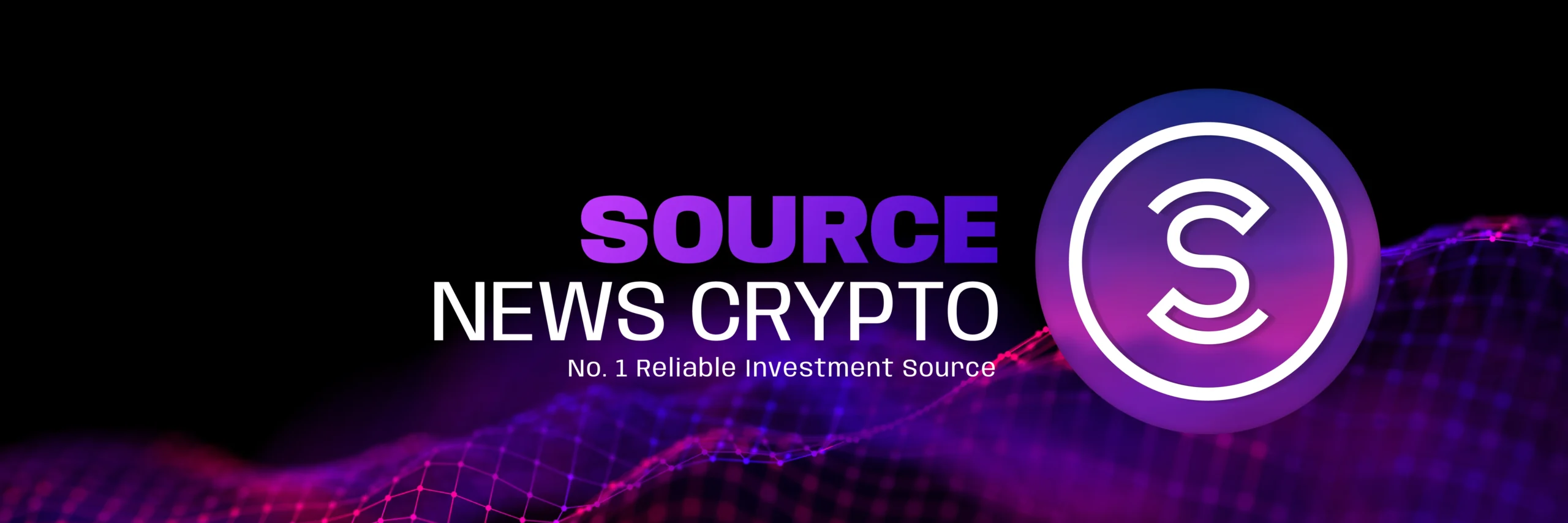The Securities and Exchange Commission has filed charges against Consensys, alleging it operates as an unregistered broker through its MetaMask services, marking a significant step in its ongoing crypto enforcement efforts.
SEC Charges Consensys in Major Crypto Enforcement Case
WASHINGTON, D.C., June 28, 2023 — In a significant escalation of its crypto enforcement efforts, the Securities and Exchange Commission (SEC) has filed charges against Consensys Software Inc., the developer behind the widely-used MetaMask crypto wallet. The complaint alleges that Consensys operates as an unregistered broker and engages in the unregistered offering and sale of securities through MetaMask’s services.
Overview of the Charges
The SEC’s complaint specifically targets two key services provided by MetaMask:
-
MetaMask Swaps: Since its launch in October 2020, MetaMask Swaps has allowed users to exchange one cryptocurrency for another. The SEC alleges that Consensys has acted as an unregistered broker by soliciting investors, providing investment advice, routing orders, and receiving transaction-based compensation without registering with the SEC.
-
MetaMask Staking: Introduced in January 2023, MetaMask Staking offers users access to staking programs from Lido and Rocket Pool. The SEC claims that these programs constitute investment contracts and, therefore, are considered securities. The agency further contends that Consensys has been selling these securities without the necessary registration.
Implications for the Crypto Ecosystem
This action by the SEC represents a new frontier in its regulatory crackdown, focusing on a significant infrastructure provider rather than targeting a specific token issuer or exchange. The SEC’s broad interpretation of broker activity in the crypto space could have far-reaching implications for other companies offering similar services.
The SEC’s action against MetaMask Staking could potentially disrupt the burgeoning liquid staking sector. By designating Lido’s and Rocket Pool’s staking programs as securities, the agency is putting a significant portion of the decentralized finance (DeFi) industry under scrutiny. The SEC’s complaint alludes to the fact that investors receive tokens like stETH and rETH, which represent their pro-rata interest in the staking pools and can be traded on secondary markets. This, according to the SEC, supports their claim that these staking programs are investment contracts.
Regulatory Uncertainty and Future Legislation
The outcome of this case could fundamentally affect how crypto markets are structured and the operational latitude of infrastructure providers. Companies engaging in wallet, swapping, or staking services may need to reconsider their regulatory compliance strategies in light of the SEC’s allegations against Consensys.
The case underscores the urgent need for regulatory clarity in the rapidly evolving crypto landscape. The industry’s regulatory framework remains in flux, with many stakeholders advocating for legislative solutions. Recently, the Financial Innovation and Technology for the 21st Century Act, a bipartisan bill, passed the House with a 279-136 vote. This legislation aims to establish a comprehensive regulatory framework for digital assets, addressing key issues such as the classification of crypto assets and the regulatory status of infrastructure providers like Consensys. However, until such legislative measures are enacted, crypto companies will continue to operate amidst significant legal uncertainty, with the threat of SEC enforcement actions looming over their activities.
The SEC’s case against Consensys will be closely watched by the crypto industry, potentially setting a precedent for future regulatory actions. The broader implications for the industry will become clearer as the case progresses.










